Tesla, a leader in electric vehicle technology, offers home chargers designed to complement the advanced features of its cars. In this article, we'll look at various aspects of Tesla home chargers, including types, cost, installation, and potential savings.
What Is a Tesla Home Charger?
A Tesla home charger is a device that allows Tesla vehicle owners to charge their cars at home rather than relying on public charging stations. These chargers are specifically designed to work seamlessly with Tesla's unique electric vehicle (EV) ecosystem, providing faster charging speeds than standard electrical outlets.
What Types of Tesla Home Chargers Are Available?
When charging your Tesla at home, the Tesla Wall Connector is your best bet for a hassle-free experience. This specialized charger installs in a fixed location, such as your garage, and allows for continuous, fast charging. It's designed to quickly replenish the battery and provides about 44 miles of range per hour of charging, which means you can easily fill up your Tesla overnight.

The wall connector is perfect for everyday use, and Tesla also offers a mobile connector for those who need a more versatile solution. This portable charger is perfect for occasional use, especially when you're away from home, and it allows you to charge using a variety of standard outlets.
While the wall connector's main function is to ensure you have a reliable home charging setup, the mobile connector gives you flexibility. Together, they fulfill your charging needs.
How Much Does the Tesla Wall Connector Cost?
Tesla wall connectors typically cost around $400. This cost only includes the device itself and does not include installation, which can vary widely depending on a home's existing electrical setup and local labor rates. Installation costs are affected by a variety of factors, such as whether additional wiring is required, the distance from your home's power source to the wall connector's mounting location, and whether your home's electrical panel needs to be upgraded to accommodate the charger.
What Are the Installation Costs for a Tesla Home Charger?
As mentioned above, the cost of installing a Tesla Wall Mount Connector can vary greatly depending on several factors, such as the complexity of your home's electrical system, the distance from the power source to the installation location, and local labor rates.
Typically, installation costs range from $700 to $2,600, with many installations typically costing less than $1,500. This includes labor and any necessary adjustments, such as upgrading the electrical panel or adding new wiring as needed.
If additional work is required, such as installing new circuits or making major changes to your home's electrical infrastructure, the cost may increase. This extra work may involve adding new circuit breakers, extending wiring or even getting permits and inspections, all of which can add to the total cost.
For a more accurate estimate and to ensure that the installation meets local electrical codes and safety standards, it is recommended to consult with a Tesla-certified installer who can provide a detailed quote for your specific situation.
Can I Save Money by Installing a Tesla Home Charger Myself?
No, it is generally not advisable to install a Tesla home charger yourself. Here are a few of the main reasons you must consider:
-
Expertise and Safety:
-
High-voltage electrical work requires specialized knowledge.
-
Mistakes can lead to serious safety hazards, including electrical fires and equipment damage.
-
-
Warranty Concerns:
-
DIY installation may void Tesla’s warranty if not done to their specifications.
-
-
Compliance with Local Codes:
-
Professional installation ensures compliance with local electrical codes and regulations.
-
Professionals handle necessary permits and inspections.
-
-
Potential Long-Term Costs:
-
Improper installation can result in higher long-term costs due to potential damages and repairs.
-
Hiring a certified professional to install your Tesla home charger is the safer, more reliable choice that ensures compliance with safety standards, preserves the warranty, and mitigates potential long-term costs.
Are There Rebates or Tax Credits for Tesla Charger Installation?
Yes, there are several rebates and tax credits available for installing a Tesla charger, which can significantly reduce the overall cost.
-
Federal Tax Credit: The U.S. federal government offers a tax credit for installing residential EV charging equipment. This credit covers 30% of the installation cost, up to a maximum of $1,000. This incentive is available for installations completed between January 1, 2023, and December 31, 2032.
-
State and Local Incentives: Many states and local utilities also provide additional incentives. For example, in New Jersey, homeowners can take advantage of state and utility rebates totaling up to $2,500, which can completely offset the cost of purchasing and installing a Level 2 EV charger.
-
Utility Company Rebates: Various utility companies offer rebates for installing EV chargers. These can range from a few hundred dollars to several thousand, depending on the utility provider and the specifics of the installation. For instance, JCP&L and PSE&G in New Jersey offer rebates of up to $1,500.
-
Special Programs: Some regions have specific programs aimed at encouraging the adoption of electric vehicles and the installation of home chargers. These programs can include reduced rates for electricity used for EV charging during off-peak hours, as well as additional financial incentives.
Overall, these incentives can make installing a Tesla home charger much more affordable, effectively lowering the barrier to enjoying the convenience of home EV charging.
How Will a Home Charger Affect My Electricity Bill?
Installing a Tesla home charger will increase your electricity bill, but the impact varies based on your usage and local electricity rates.
For example, if you drive 30 miles a day and your Tesla uses 0.25 kWh per mile, you'll need about 7.5 kWh of electricity each day. If your electricity rate is $0.13 per kWh, this adds roughly $1 per day, or about $30 per month to your bill.
Charging during off-peak hours can reduce costs. Some utility companies offer lower rates at night, which can help you save money if you charge your vehicle during these times. Additionally, if you have solar panels, you can charge your Tesla using solar power, further lowering your electricity costs.
While your bill will increase, the cost of charging an electric vehicle is generally lower than the cost of fueling a gasoline car, leading to overall savings. For example, driving 1,000 miles a month at $0.13 per kWh would cost about $32.50 in electricity, often less than the equivalent cost of gasoline.
Is Investing in a Tesla Home Charger Worth It?
Investing in a Tesla home charger is generally a smart decision for most Tesla owners. The primary benefit is convenience—charging your vehicle overnight means you always start your day with a full battery, eliminating frequent trips to public charging stations. Additionally, home charging is usually more cost-effective than public charging or gasoline. For example, driving 1,000 miles per month at $0.13 per kWh costs around $32.50, which is typically cheaper than gasoline.
Another advantage is the faster charging speeds provided by home chargers like the Tesla Wall Connector, which ensures your car is ready for any unplanned trips. While the initial installation cost can be high, numerous federal, state, and local incentives can significantly offset these expenses. These incentives, coupled with potential property value increases, make the investment worthwhile for most Tesla owners.
Where to Buy a Tesla Home Charger?
You can purchase a Tesla home charger directly from Tesla's official website. This is the most straightforward way to ensure you are getting the latest model with all the official support and warranty options.
Additionally, Tesla home chargers are available from other online retailers such as Amazon and Home Depot. These retailers often provide detailed product information, customer reviews, and sometimes additional purchasing options like extended warranties or installation services.
For a certified installation and purchasing bundle, you can also contact Tesla-certified electricians or installers. Many of these professionals can provide the Wall Connector as part of the installation service, ensuring everything is set up correctly and in compliance with local regulations.
For those seeking an alternative, consider the Autel AC Lite 50A NACS, a product specifically developed for Tesla owners. This charger offers robust features and high compatibility with Tesla vehicles, making it a compelling option. You can purchase it from the Autel Energy Store.
Conclusion
Investing in a Tesla home charger is a strategic decision that can enhance your EV ownership experience. With various incentives and the convenience of home charging, it represents a forward-thinking choice that aligns with the move toward sustainable transportation. By understanding the types, costs, and benefits of Tesla’s charging solutions, you can make an informed decision that best suits your lifestyle.
Related reading: Tesla Supercharger vs. Destination Charger

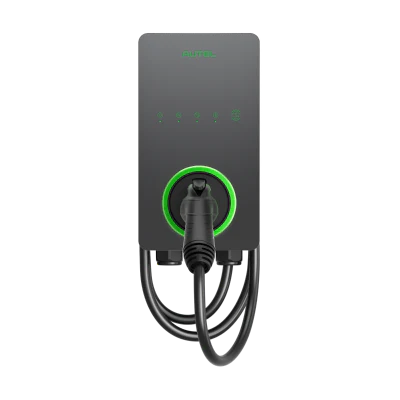
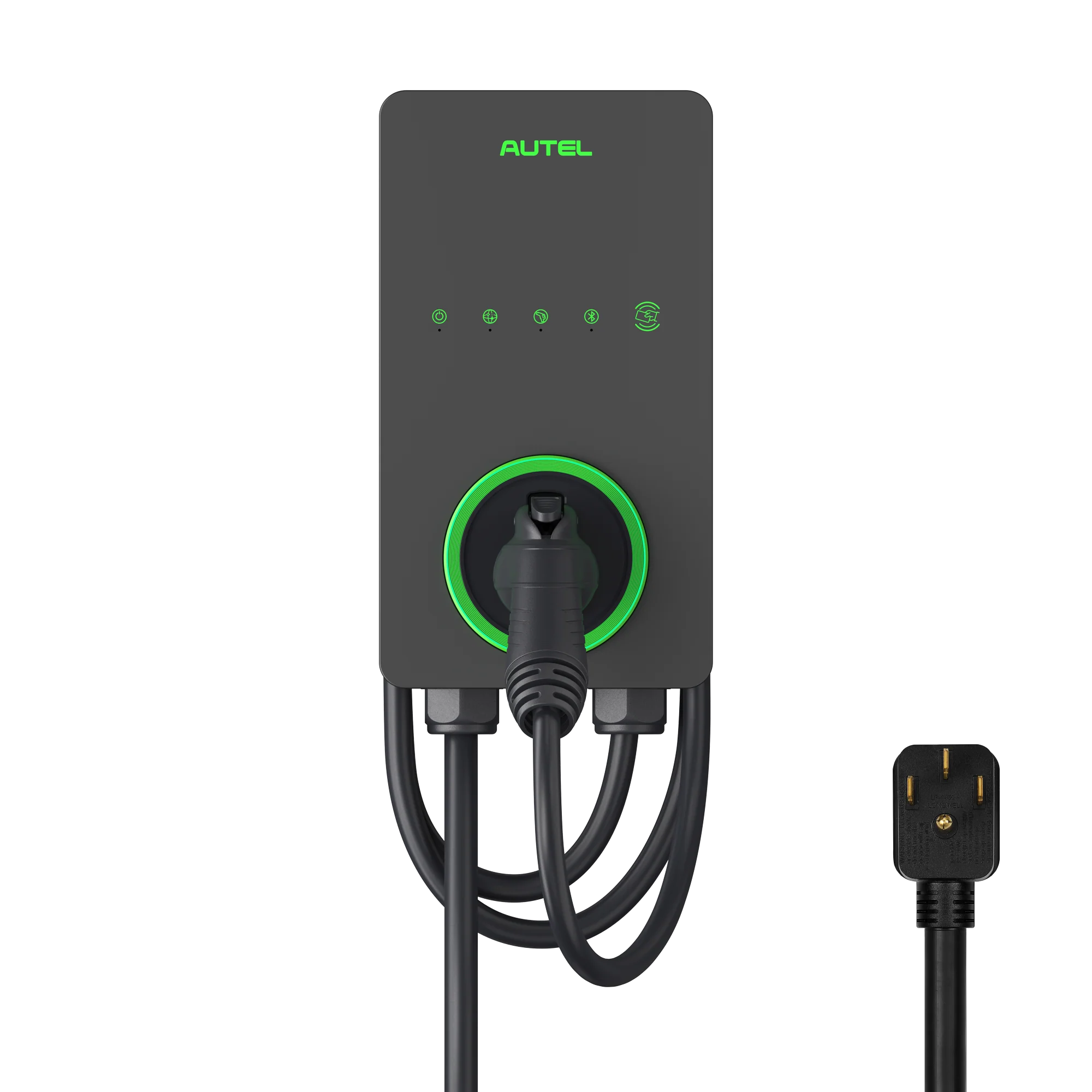
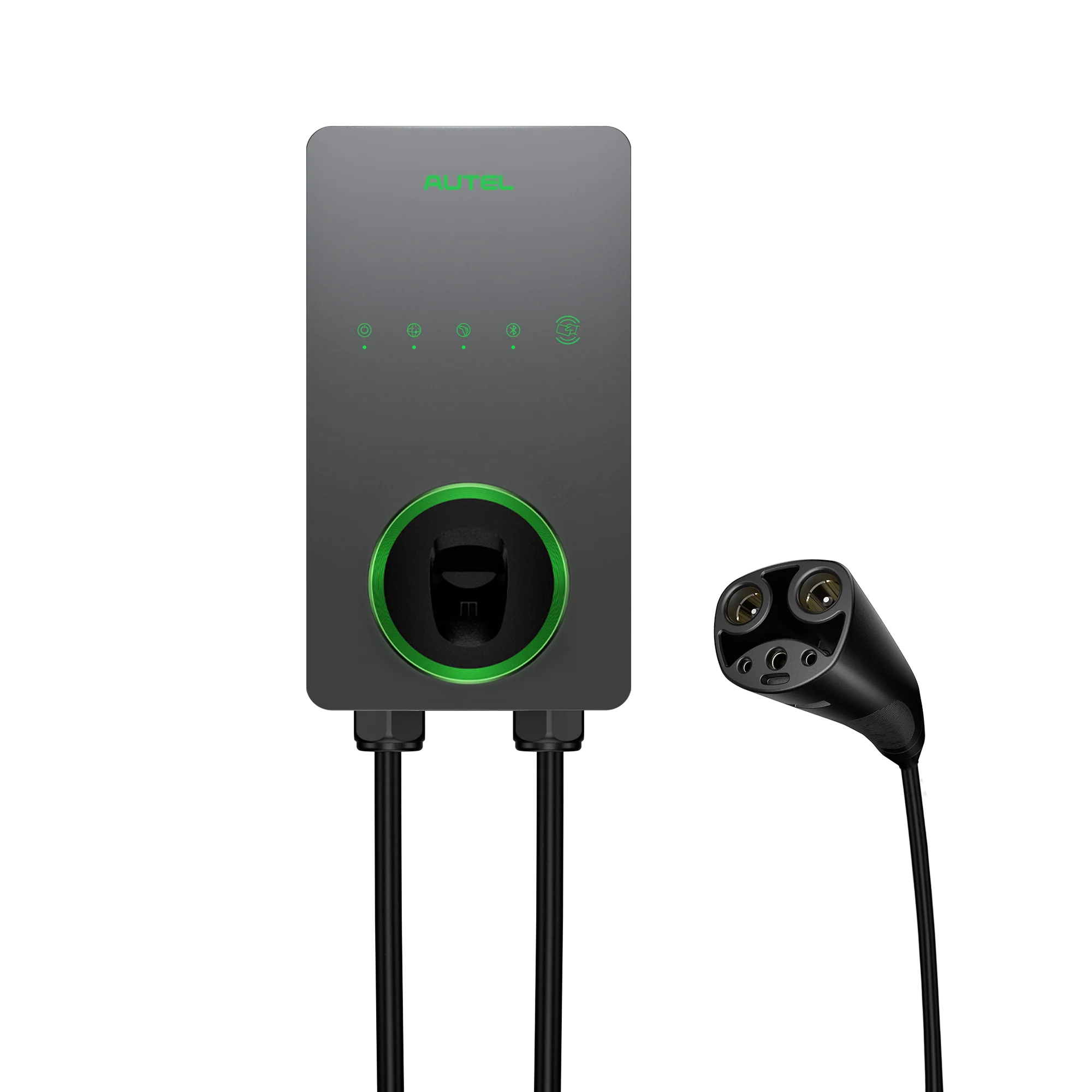
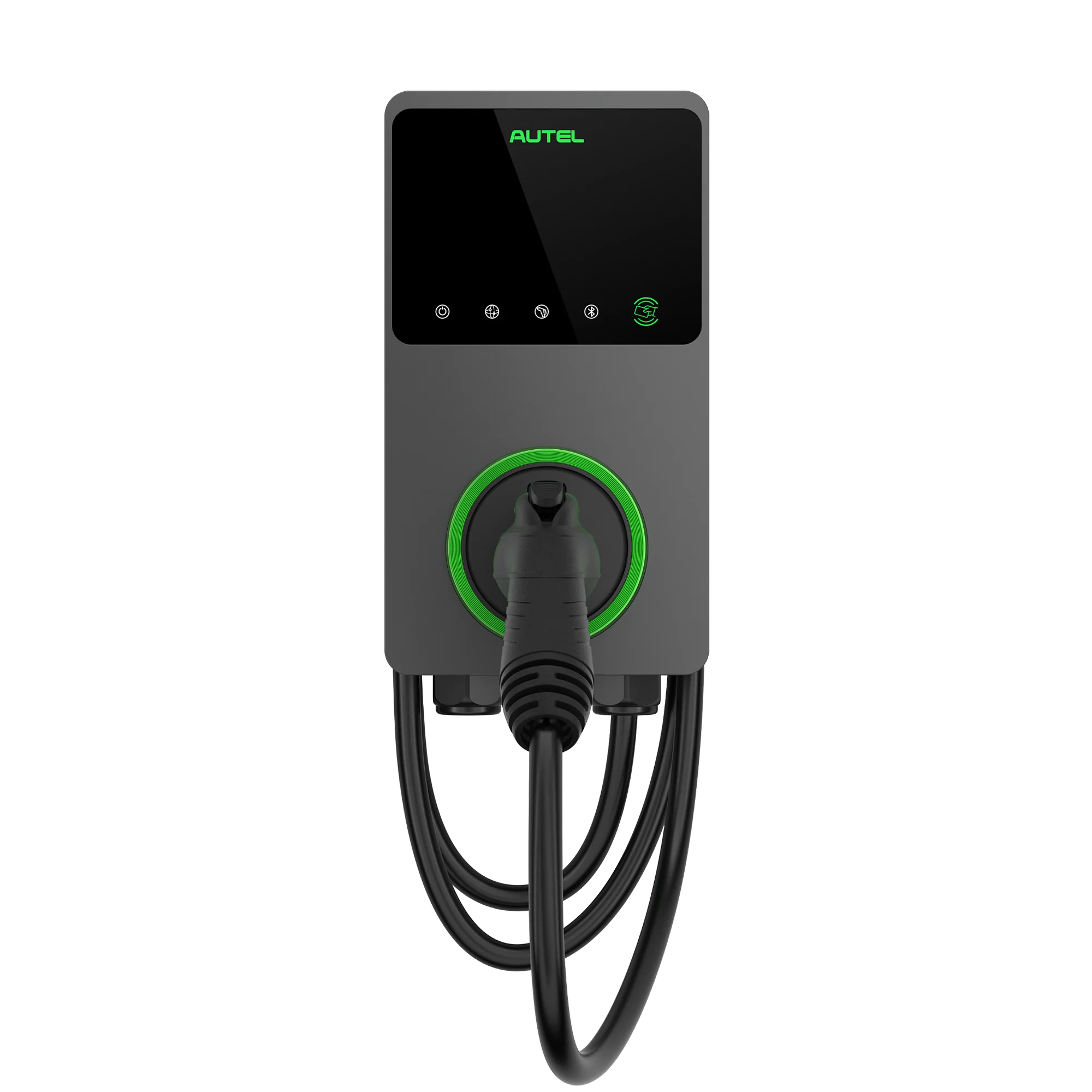
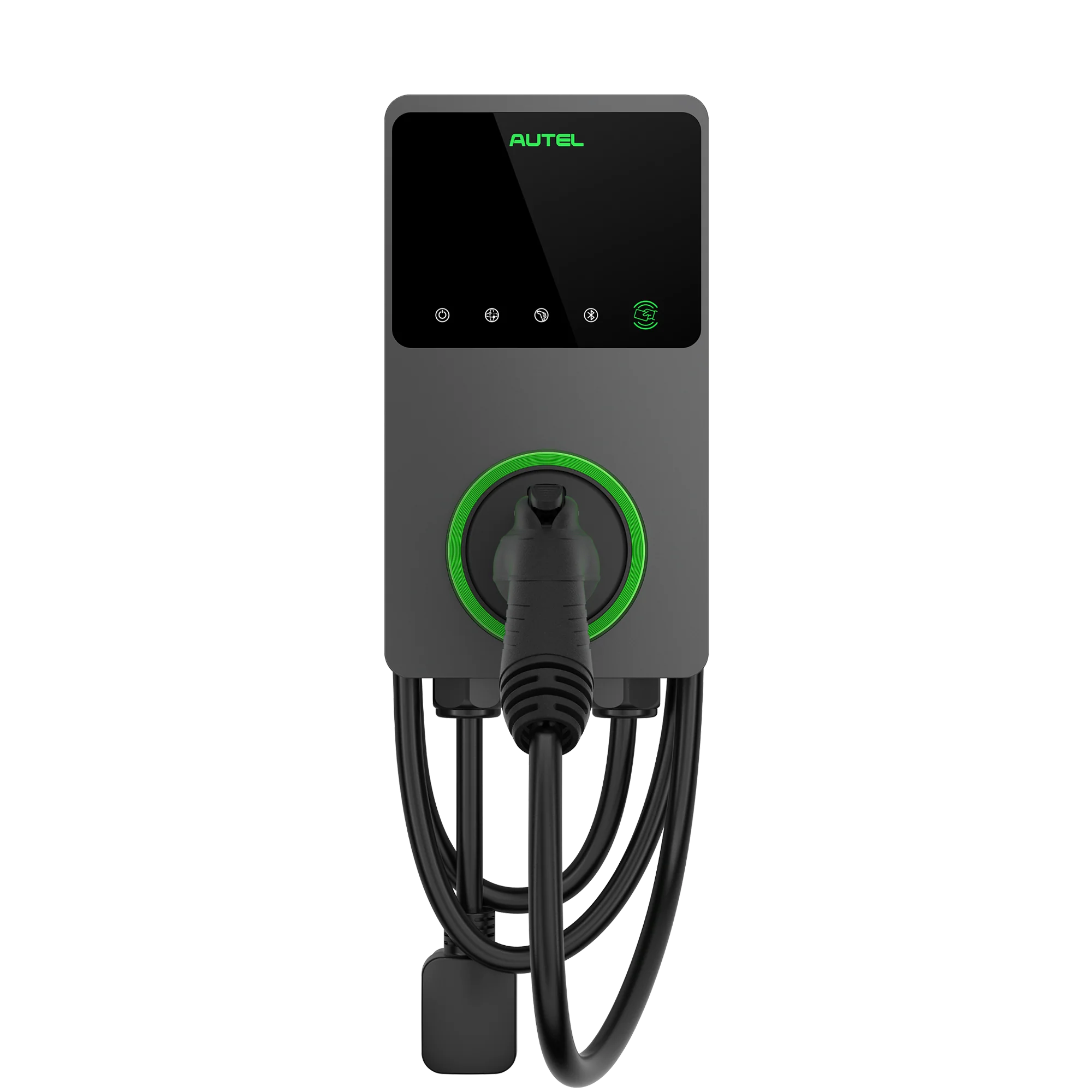
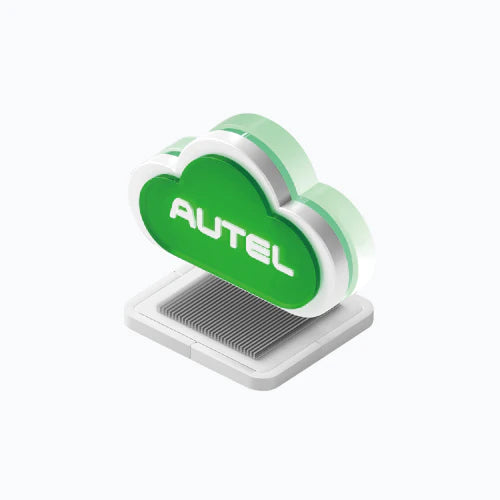
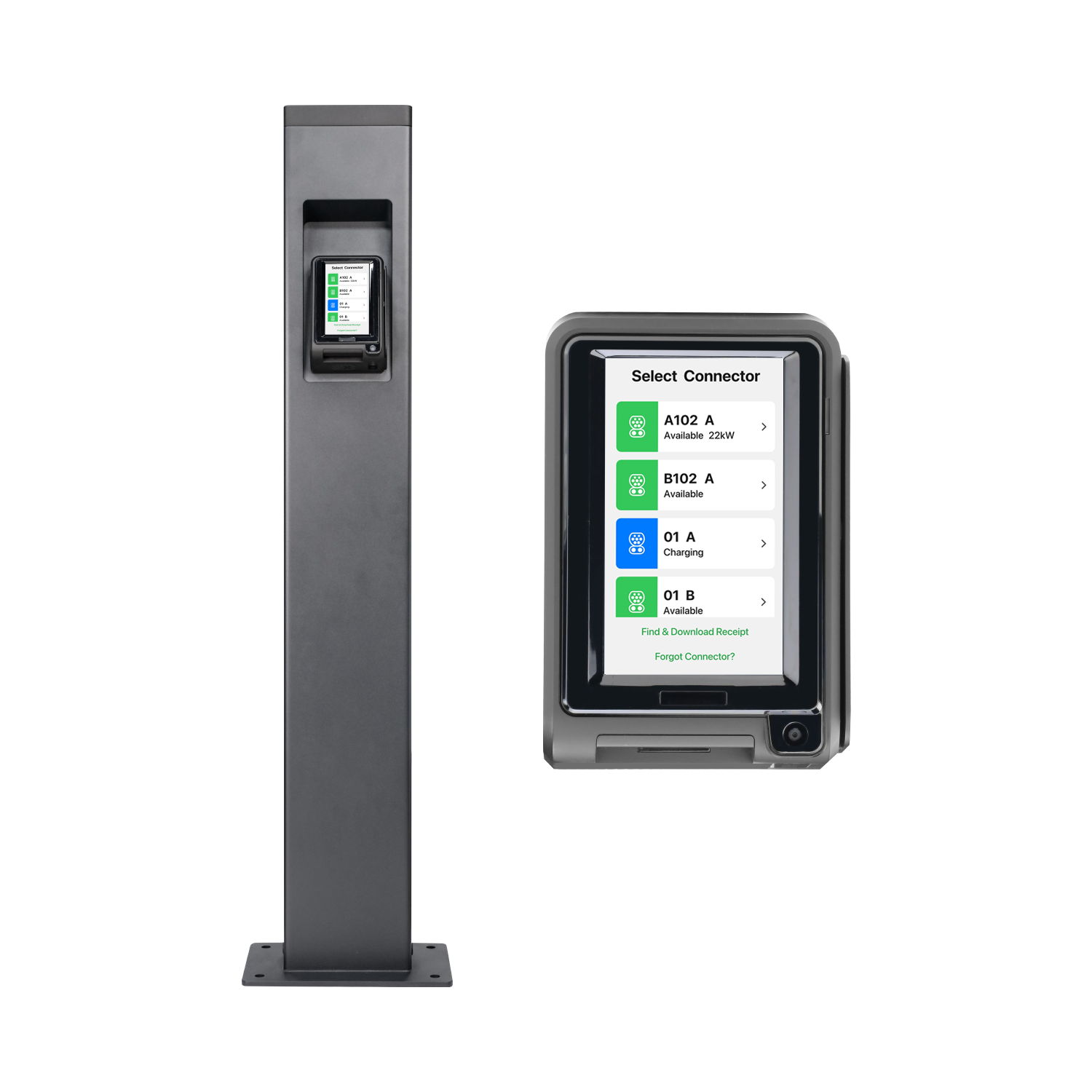
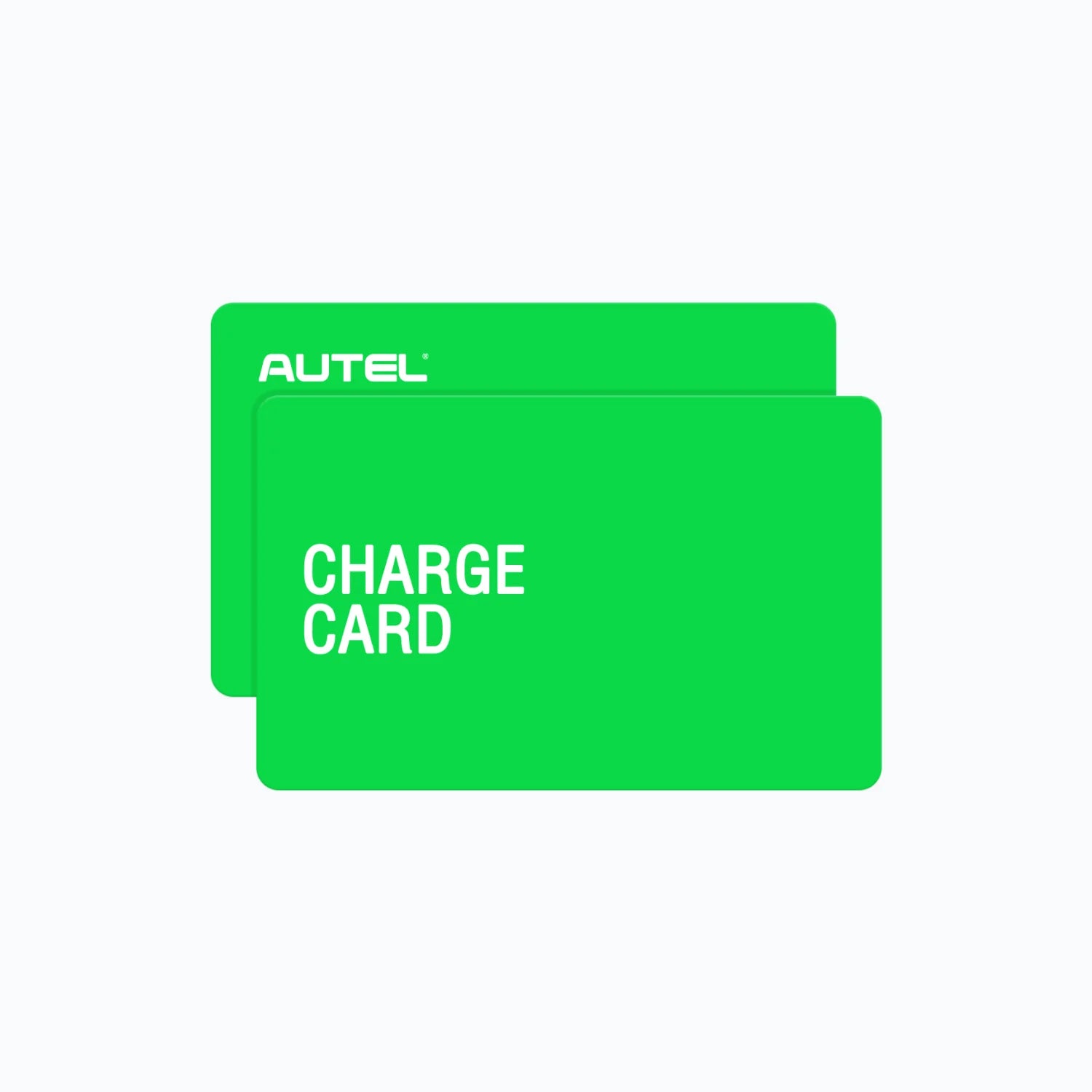
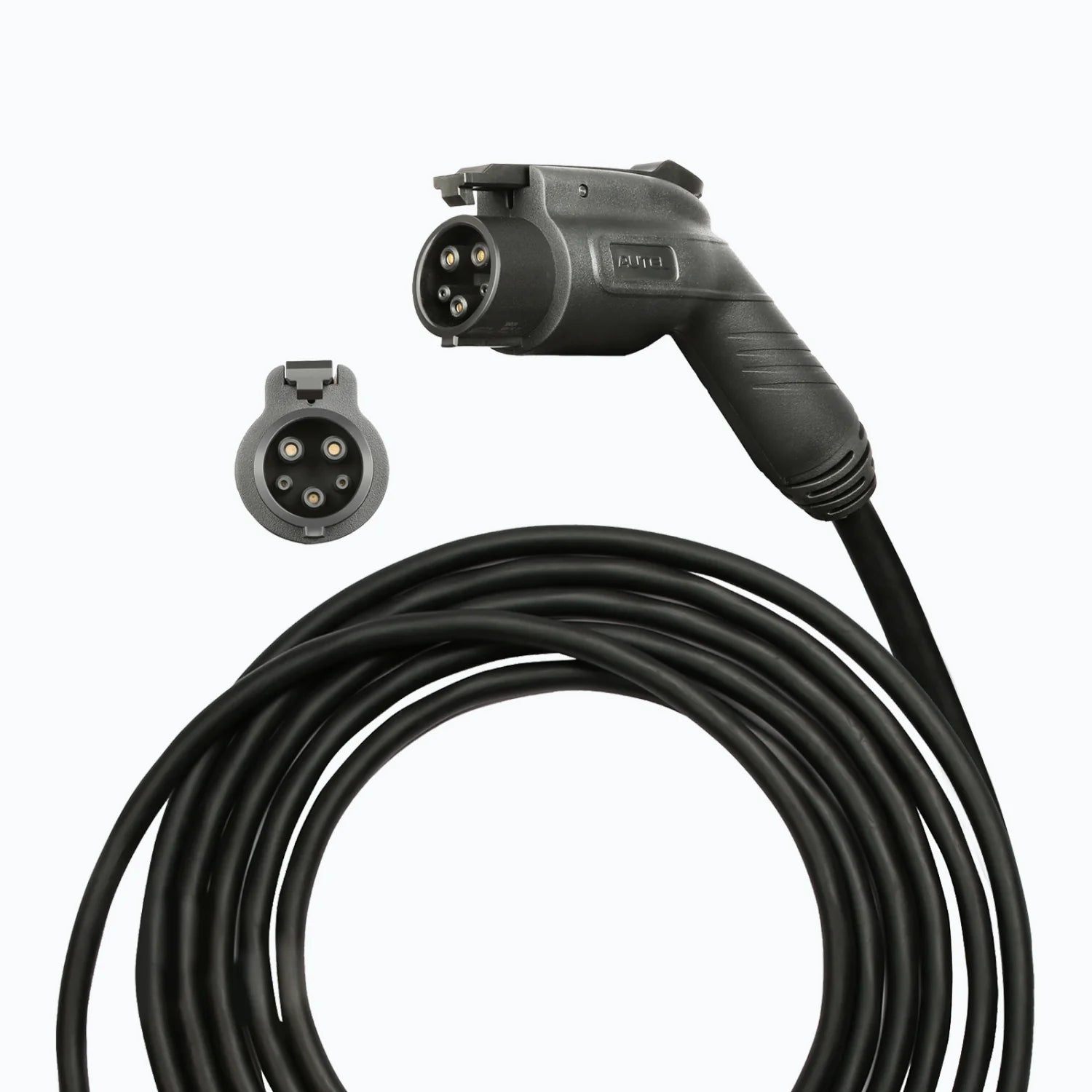
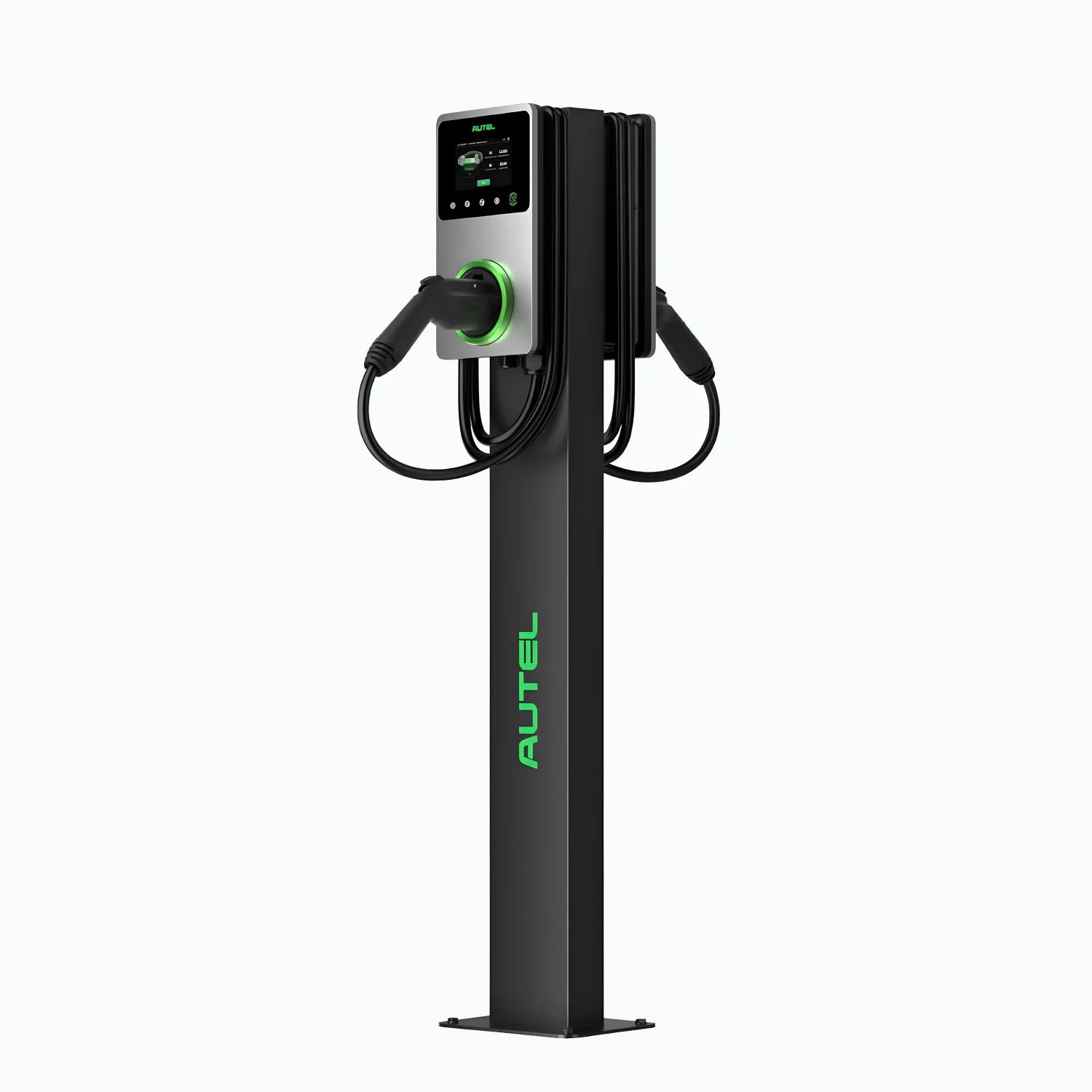
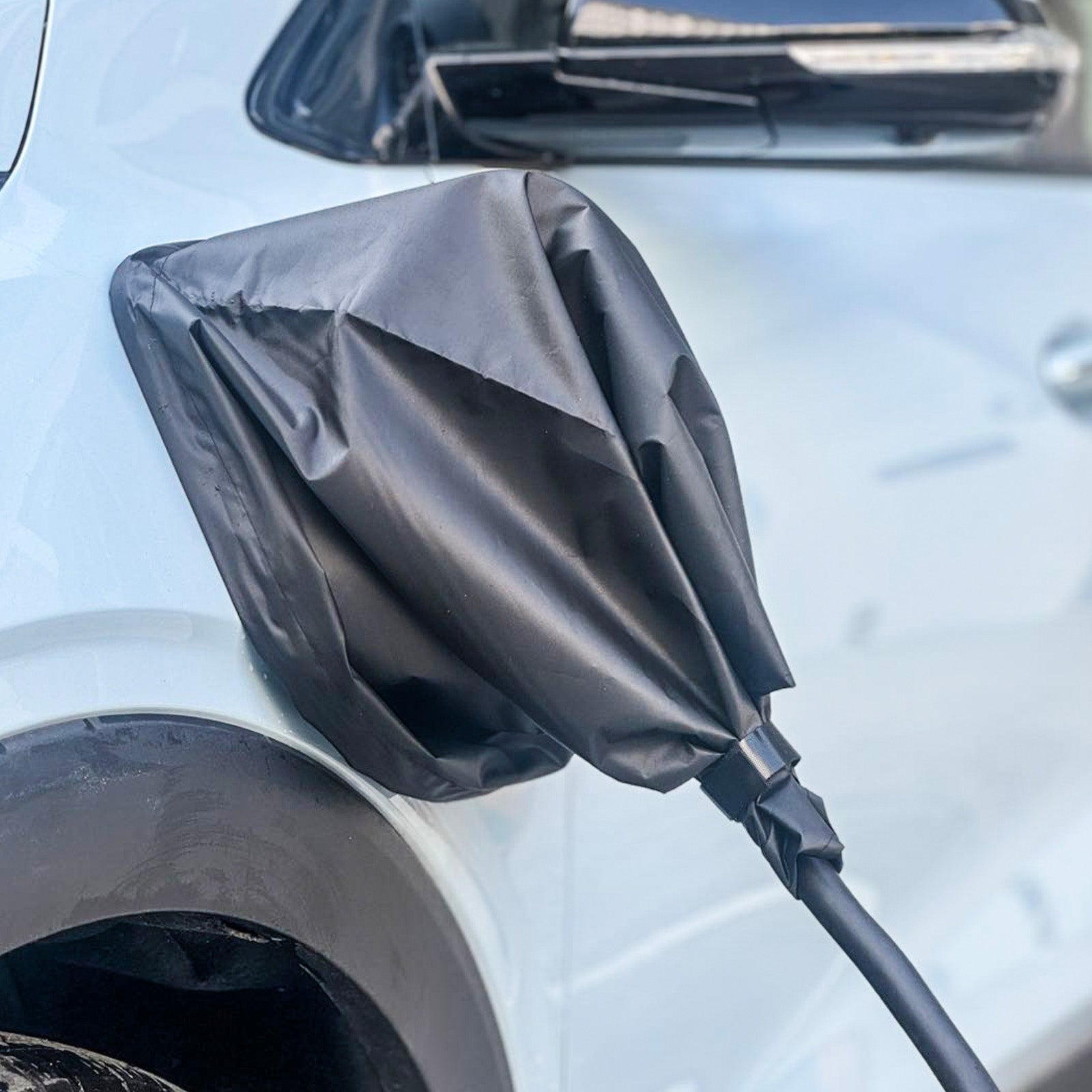
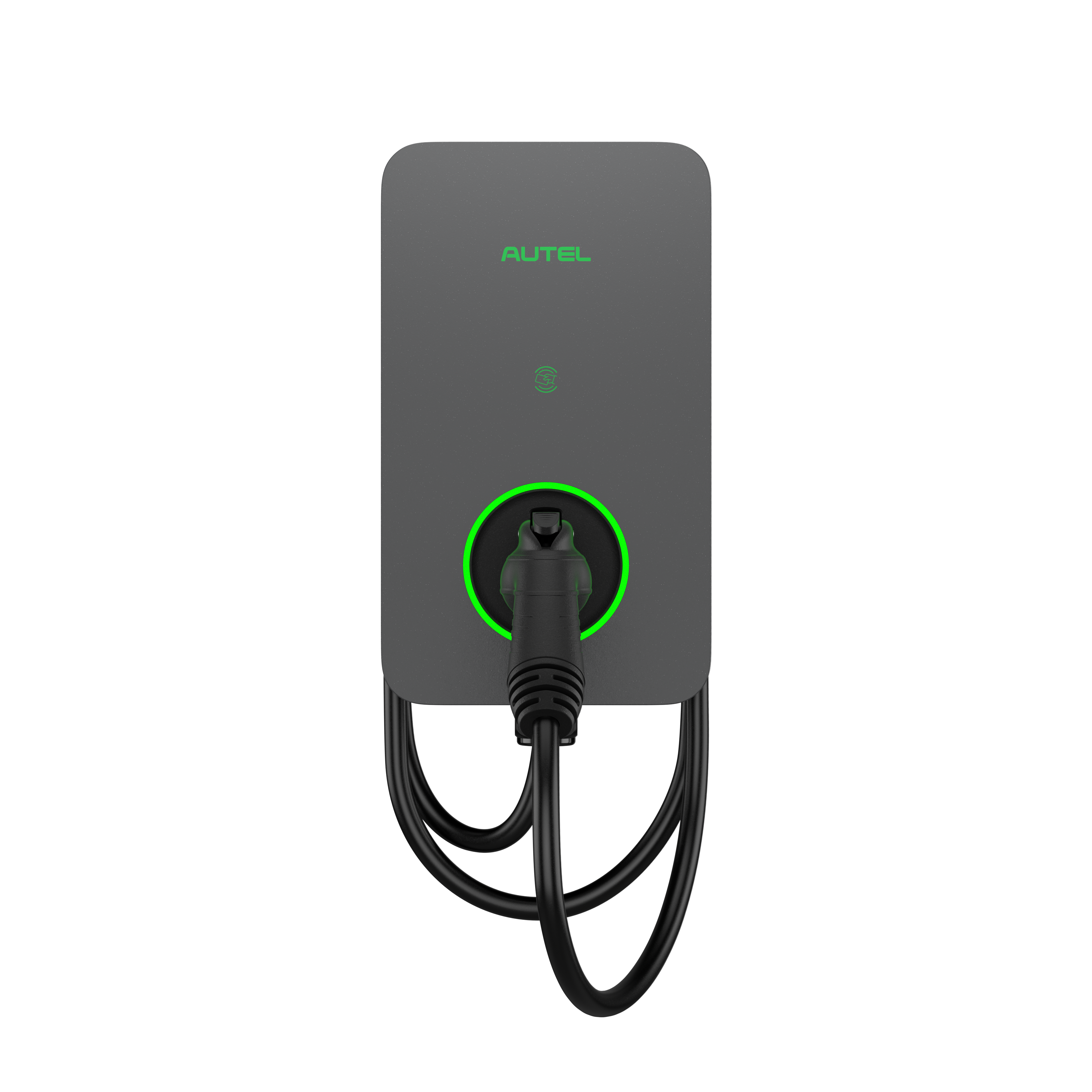
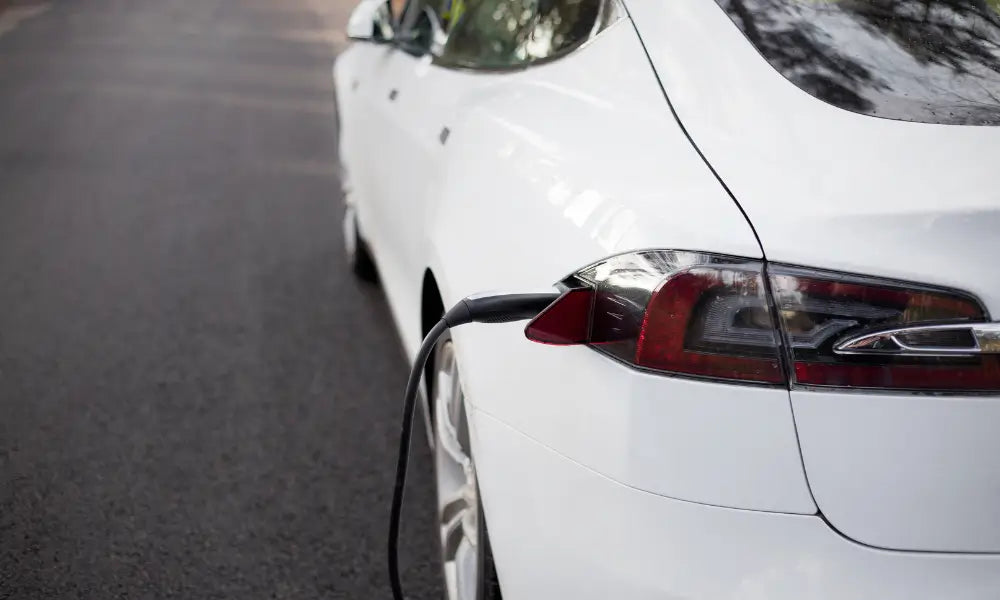
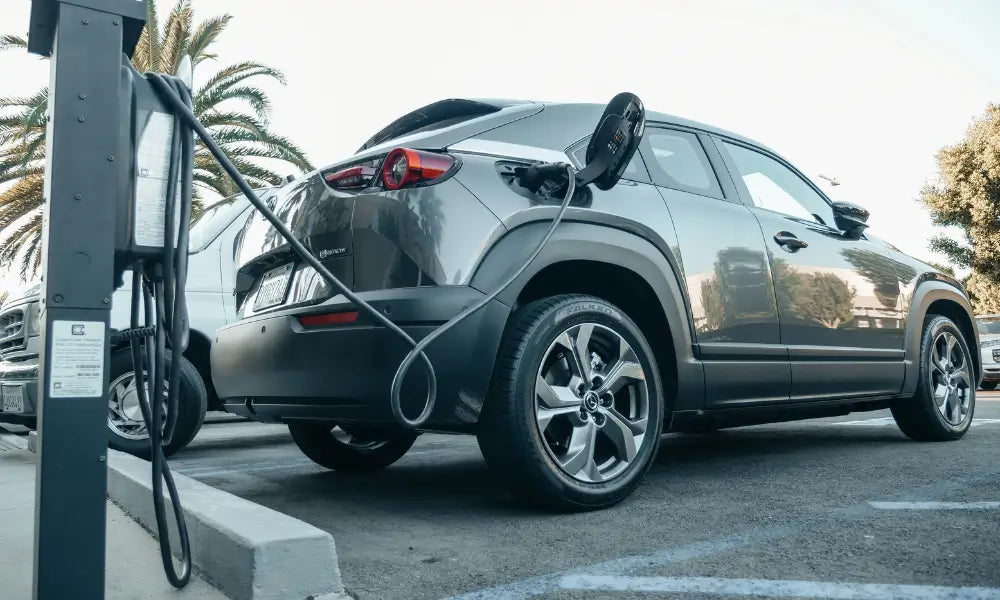
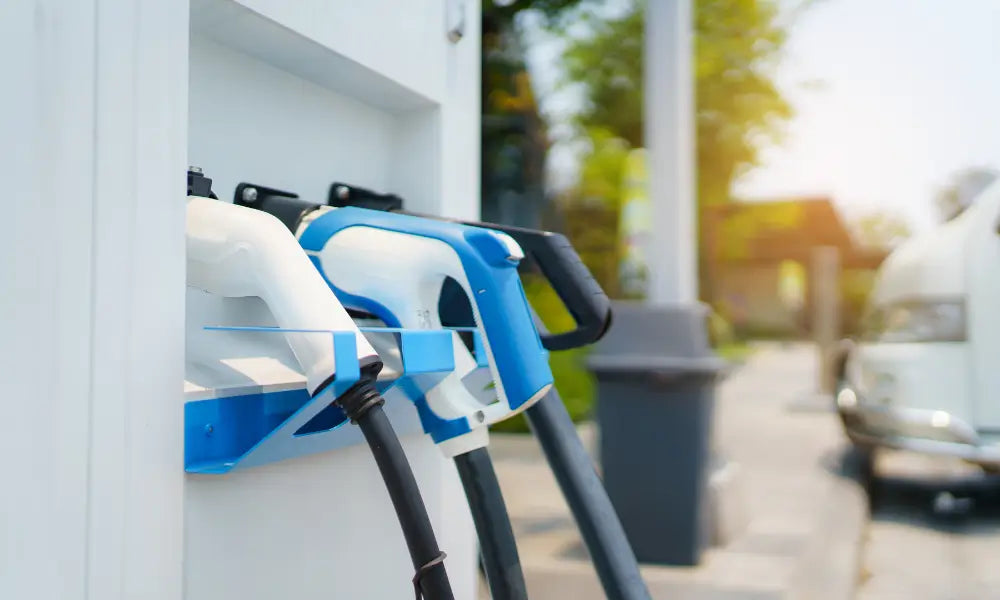
Laisser un commentaire
Tous les commentaires sont modérés avant d'être publiés.
Ce site est protégé par hCaptcha, et la Politique de confidentialité et les Conditions de service de hCaptcha s’appliquent.